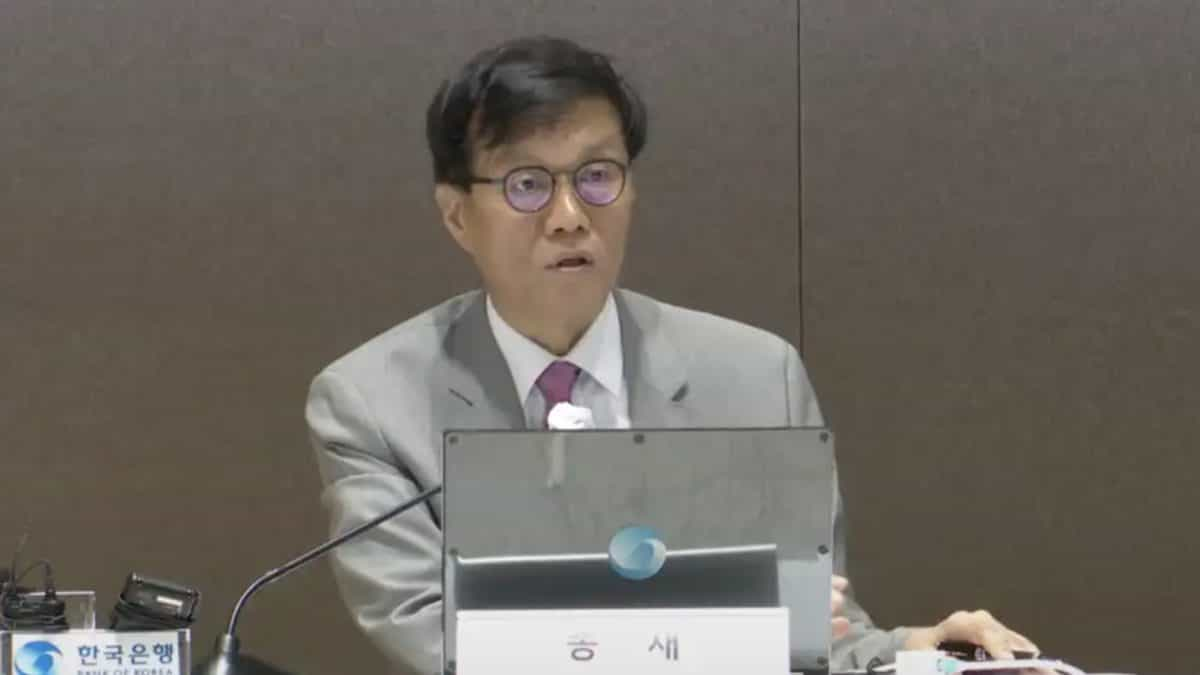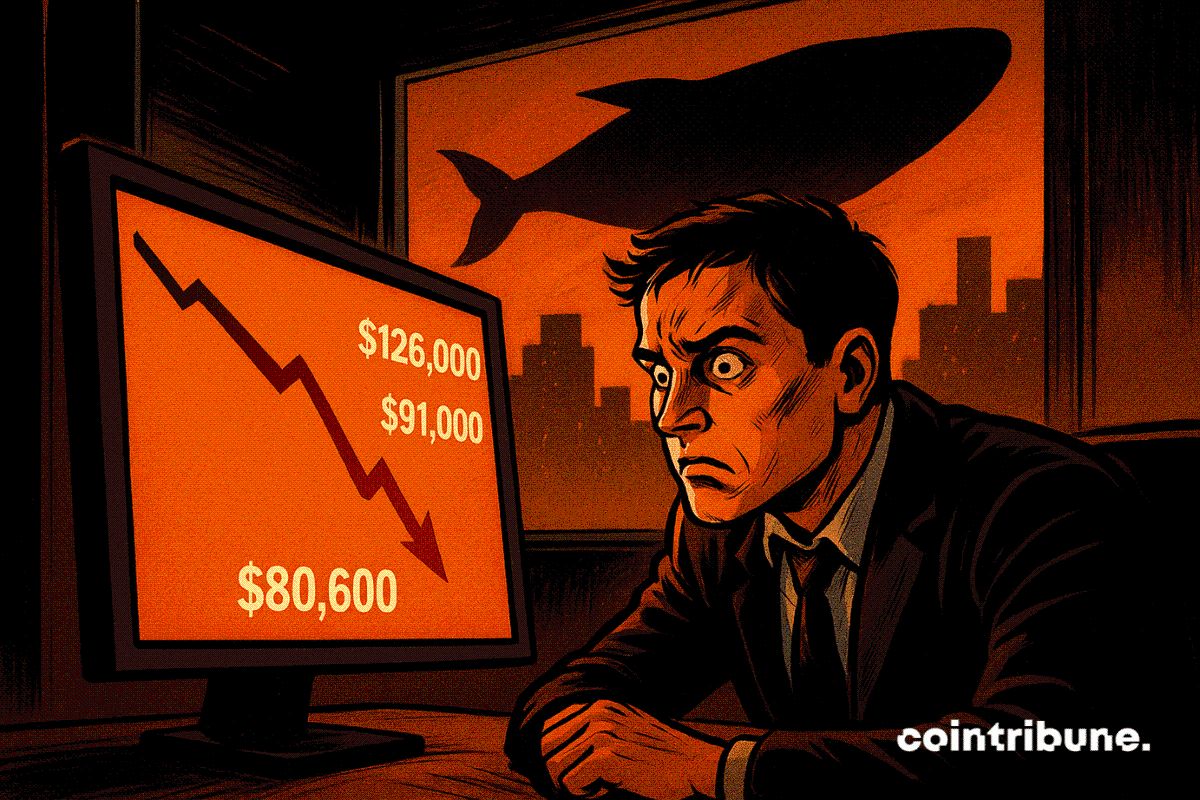Bank of Korea governor warns of ‘currency chaos’ from non-bank issuance of KRW stablecoins
Quick Take Bank of Korea Governor Lee said that allowing non-banks to issue their stablecoins could lead to currency chaos and disruptions in the local banking sector. South Korea’s recently elected President Lee Jae-myung seeks to promote the issuance and use of local currency-backed stablecoins.

Bank of Korea Governor Lee Chang-yong said on Thursday that allowing multiple non-banking institutions to issue local stablecoins could lead to currency chaos reminiscent of the 19th century, according to local news reports.
Lee's comment comes amid South Korea's ongoing efforts to promote the issuance and usage of Korean won-based stablecoins, which is one of President Lee Jae Myung's election promises.
While Lee's latest comment at a press briefing did not specify the exact event that occurred during the 19th century, it likely refers to the Free Banking Era in the U.S. that started in 1837.
The Free Banking Era began when various states in the U.S. started allowing individuals with minimal capital to establish banks, resulting in the circulation of thousands of different banknotes, traded at varying discounts, according to the Federal Deposit Insurance Corporation (FDIC). This caused confusion and economic instability until the National Bank Act established a unified banking system.
"Allowing won stablecoins irresponsibly could conflict with foreign currency exchange policies, and delegating payment and settlement services to non-banks will disrupt the profit model of existing banks," Lee said , according to Yonhap News Agency.
Lee added that the central bank cannot determine the policies around KRW stablecoins, and said it will discuss and establish a direction once it becomes clear which relevant government departments will participate.
Stablecoin push
Meanwhile, President Lee's promise to endorse KRW stablecoins has triggered multiple major payment services firms and banking institutions to submit trademark applications for stablecoin ticker symbols. Ruling Party lawmaker Min Byeong-deok has already submitted a bill setting the overall regulatory framework for KRW stablecoins.
KakaoPay , one of the country's largest payment service providers, is expected to benefit most from South Korea's stablecoin push. The company's stock rose over 120% since early June, when the country elected Lee as its new president.
Last month, the BOK announced that it is halting its trial project on CBDCs , which it has been exploring since 2018. The BOK informed trial participants that it will monitor the development of legislation surrounding stablecoins, as the coexistence of CBDCs, stablecoins, and bank deposit tokens remains unclear.
According to Edaily News, BOK's Lee stated during Thursday's press conference that its latest CBDC utility trial was designed with KRW stablecoins in mind from the outset.
Disclaimer: The content of this article solely reflects the author's opinion and does not represent the platform in any capacity. This article is not intended to serve as a reference for making investment decisions.
You may also like
How much is ETH really worth? Hashed provides 10 different valuation methods in one go
After taking a weighted average, the fair price of ETH exceeds $4,700.

Dragonfly partner: Crypto has fallen into financial cynicism, and those valuing public blockchains with PE ratios have already lost
People tend to overestimate what can happen in two years, but underestimate what can happen in ten years.

Balancer Rallies to Recover and Redistribute Stolen Funds After Major Cyber Attack
In Brief Balancer plans to redistribute $8 million to users after a massive cyber theft. The recovery involved crucial roles by white-hat researchers rewarded with 10% incentives. Unclaimed funds will undergo governance voting after 180 days.

Bitcoin Faces Renewed Selling Pressure as Whale Deposits Spike and Market Fear Deepens

